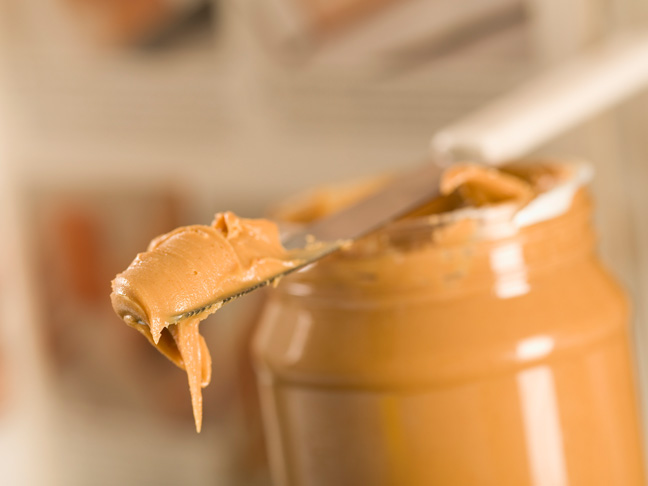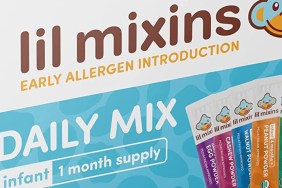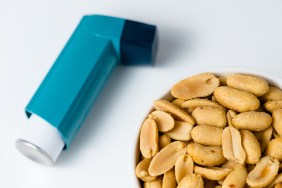To conduct their study, which was recently published in the The New England Journal of Medicine, researchers used a skin-prick test to identify the babies who had not yet developed a peanut allergy or who had only a mild response. Some of these children had already developed eczema, an early warning sign for allergies. Kids with eczema or an allergy to cow’s milk are more likely to have other allergies as well, including peanut allergy.
To avoid a choking risk, the children were never given whole peanuts. Half of the test group was given a peanut-based snack such as peanut butter mixed with banana. The other half of the trial group continued to avoid peanuts. The trial found that normally 14 of 100 children would develop an allergy to peanuts by age 5, but with the peanut therapy that number was reduced to just 2 in 100 — an 86 percent decline in the number of children affected.
Peanut allergies can be life-threatening and they develop early. This allergy can cause symptoms that include rashes, hives, congestion, shortness of breath, and a tingling sensation around the mouth and in the throat. In the study, even children who were already sensitive to peanuts benefited from the therapy. Their allergy rate fell from 35 to 11 percent.
Because of this new information, pediatricians may look at new measures to prevent peanut allergy from ever developing. High-risk children could be evaluated and tested at an early age, and given dietary advice that now may include the careful early introduction of peanut-based products.
Photo: Getty








